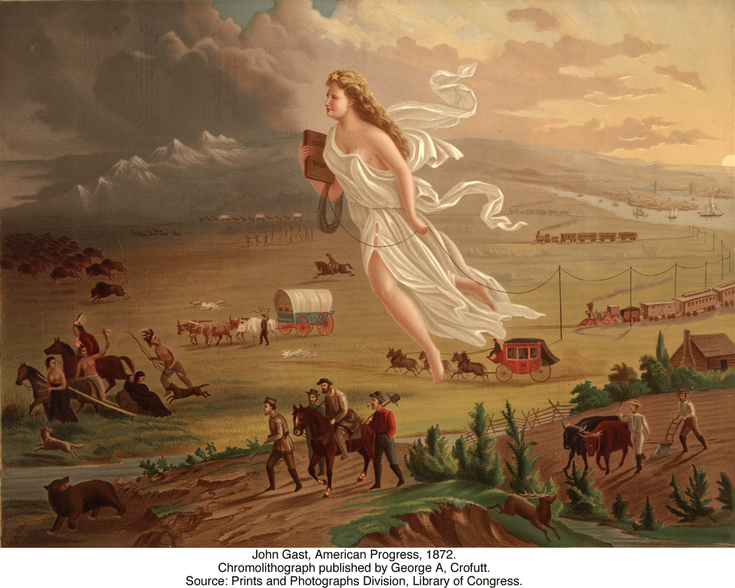—Georg Christoph Lichtenberg, Notebook E, #46, 1775–1776
In this single paragraph quote Lichtenberg, using the model of Italian bookkeepers of the 18th century, broadly outlines almost all of the note taking technique suggested by Sönke Ahrens in How to Take Smart Notes. He's got writing down and keeping fleeting notes as well as literature notes. (Keeping academic references would have been commonplace by this time.) He follows up with rewriting and expanding on the original note to create additional "explanations" and even "connections" (links) to create what Ahrens describes as permanent notes or which some would call evergreen notes.
Lichtenberg's version calls for the permanent notes to be "separated and ordered" and while he may have kept them in book format himself, it's easy to see from Konrad Gessner's suggestion at the use of slips centuries before, that one could easily put their permanent notes on index cards ("separated") and then number and index or categorize them ("ordered"). The only serious missing piece of Luhmann's version of a zettelkasten then are the ideas of placing related ideas nearby each other, though the idea of creating connections between notes is immediately adjacent to this, and his numbering system, which was broadly based on the popularity of Melvil Dewey's decimal system.
It may bear noticing that John Locke's indexing system for commonplace books was suggested, originally in French in 1685, and later in English in 1706. Given it's popularity, it's not unlikely that Lichtenberg would have been aware of it.
Given Lichtenberg's very popular waste books were known to have influenced Leo Tolstoy, Albert Einstein, Andre Breton, Friedrich Nietzsche, and Ludwig Wittgenstein. (Reference: Lichtenberg, Georg Christoph (2000). The Waste Books. New York: New York Review Books Classics. ISBN 978-0940322509.) It would not be hard to imagine that Niklas Luhmann would have also been aware of them.
Open questions: <br />
- did Lichtenberg number the entries in his own waste books? This would be early evidence toward the practice of numbering notes for future reference. Based on this text, it's obvious that the editor numbered the translated notes for this edition, were they Lichtenberg's numbering?
- Is there evidence that Lichtenberg knew of Locke's indexing system? Did his waste books have an index?

